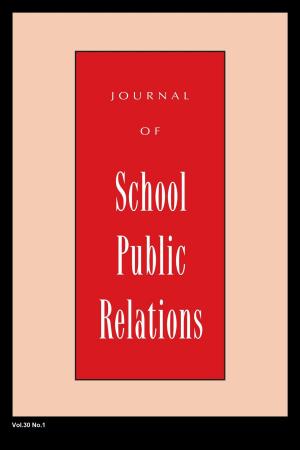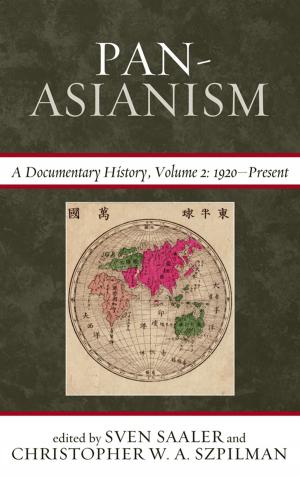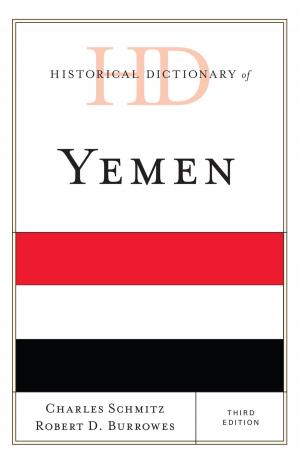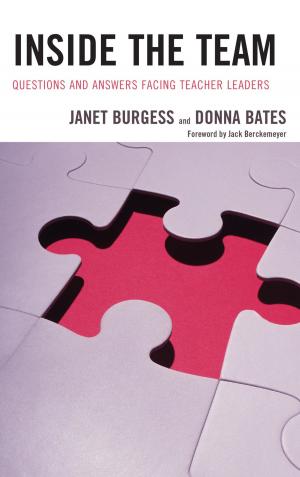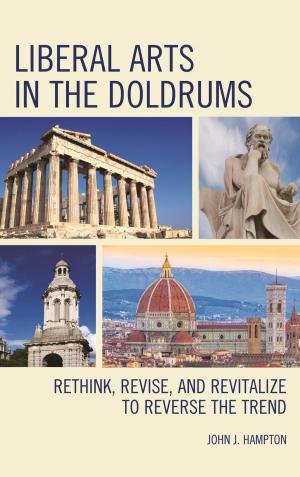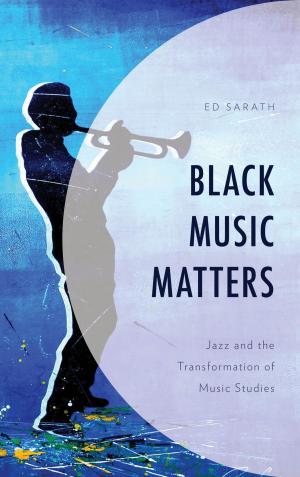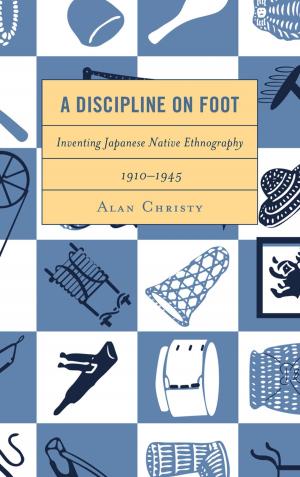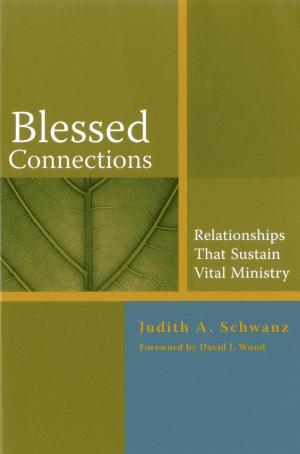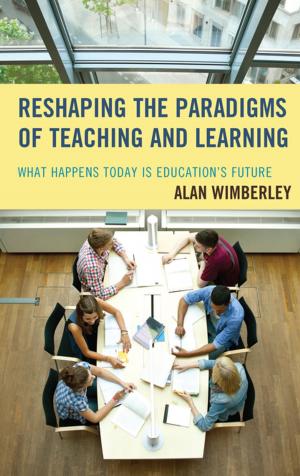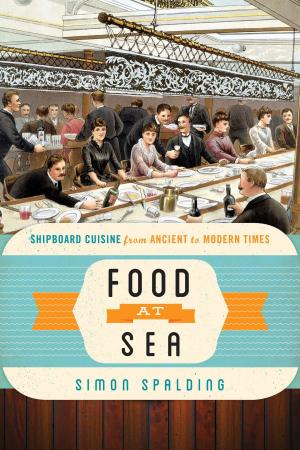Creative Learning for the Information Age
How Classrooms Can Better Prepare Students
Nonfiction, Reference & Language, Education & Teaching, Teaching, Teaching Methods| Author: | Lyn Lesch | ISBN: | 9781610489461 |
| Publisher: | Rowman & Littlefield Publishers | Publication: | May 21, 2014 |
| Imprint: | Rowman & Littlefield Publishers | Language: | English |
| Author: | Lyn Lesch |
| ISBN: | 9781610489461 |
| Publisher: | Rowman & Littlefield Publishers |
| Publication: | May 21, 2014 |
| Imprint: | Rowman & Littlefield Publishers |
| Language: | English |
Creative Learning for the Information Age: How Classrooms Can Better Prepare Students, second edition examines how students in their formative years can learn in a more creative manner and can become successful in an age in which knowledge travels so rapidly and is transformed so quickly. This book sets forth several solutions, such as new skills that allow students to perceive important relationships and connections within various subject matters, a different type of accountability that is integrally tied to student initiative, and a different learning structure that allows teacher and student to work together to develop subject matter which is more fully connected to the world of professional expertise.
Lesch also assesses certain barriers which may stand in the way of students learning more creatively in our current information age. In particular, he draws attention to an emphasis on standardized testing and the introduction of national core standards – both of which significantly restrict the field of various subject matters and thereby restricting creative thinking and learning – and the potential dulling of young people’s inner lives along with a potentially distracted awareness being engendered in them by the technologies of our current digital age.
Creative Learning for the Information Age: How Classrooms Can Better Prepare Students, second edition examines how students in their formative years can learn in a more creative manner and can become successful in an age in which knowledge travels so rapidly and is transformed so quickly. This book sets forth several solutions, such as new skills that allow students to perceive important relationships and connections within various subject matters, a different type of accountability that is integrally tied to student initiative, and a different learning structure that allows teacher and student to work together to develop subject matter which is more fully connected to the world of professional expertise.
Lesch also assesses certain barriers which may stand in the way of students learning more creatively in our current information age. In particular, he draws attention to an emphasis on standardized testing and the introduction of national core standards – both of which significantly restrict the field of various subject matters and thereby restricting creative thinking and learning – and the potential dulling of young people’s inner lives along with a potentially distracted awareness being engendered in them by the technologies of our current digital age.

